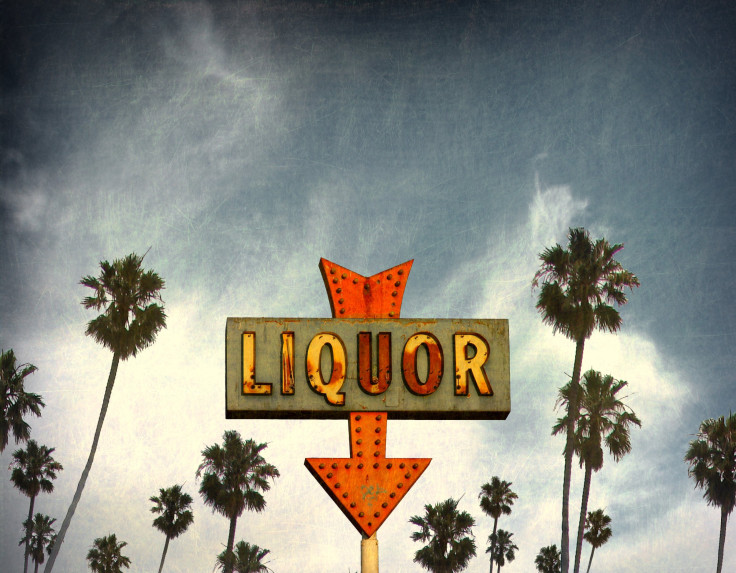Alcohol Calorie Count Labels Will Change The Drinking Game; Transparency May Curb Alcohol Abuse

It’s Friday night, and you’ve spent the entire week reading the nutrition labels of everything you ate, from your morning Greek yogurt to your whole grain pasta dish. So why is it that you’re taking shots of brown liquids, chugging cheap beers, and sipping expensive cocktails without knowing exactly what you’re drinking? The world’s biggest distiller company Diageo PLC announced it will begin offering caloric content and other ingredient information on its products, which include Johnnie Walker Scotch whisky, Smirnoff vodka, Guinness beer.
Over the next few months, American liquor store shelves may be lined with new calories counts for consumers to compare and contrast between brands. Diageo began the label transparency process with the Alcohol and Tobacco Tax and Trade Bureau nearly 10 years ago, and after receiving approval, hopes its product labeling will encourage competitors to follow the lead.
"Currently, there is no obligation to provide such information in markets worldwide, but we know that consumers are increasingly discerning about what’s in their glass,” said Diageo’s chief executive Ivan Menezes, adding that listing alcoholic content by serving size will help deter abuse. “We want to provide alcohol and nutrition information that consumers can quickly understand, instead of expecting them to do the math.”
New labeling transparency may help lower binge drinking rates by deterring overconsumption. The Harvard School of Public Health says that keeping a drinking diary for three to four weeks, and noting each drink everytime you have one can illuminate habits. By making connections between where and who you were drinking with, you’ll force yourself to confront your own personal drinking patterns. In the future, you’ll be able to see associations between what, where, and who you drink certain drinks with.
Pushback to labeling is for those who live by the mantra “ignorance is bliss,” and would rather close their eyes, tilt their head back, and gulp down the drink. Moving forward with this policy is a historical marker for London-based Diageo, and could translate into an industry-wide revolution.
Diageo spokeswoman Zsoka McDonald said it wasn’t easy getting the nutrition labels approved, and that the company was previously banned from printing levels of calories, carbohydrates, and fats on its products. Guinness’ sales may spike when consumers find out the stout has 124 calories per 12 ounces, and that it's rich in iron and antioxidants. In fact, Guinness was marketed only a few decades ago as "good for you." Who knows what kind of advertising campaigns may be rolling out in the next few months to attract health-conscious drinkers.
Published by Medicaldaily.com



























